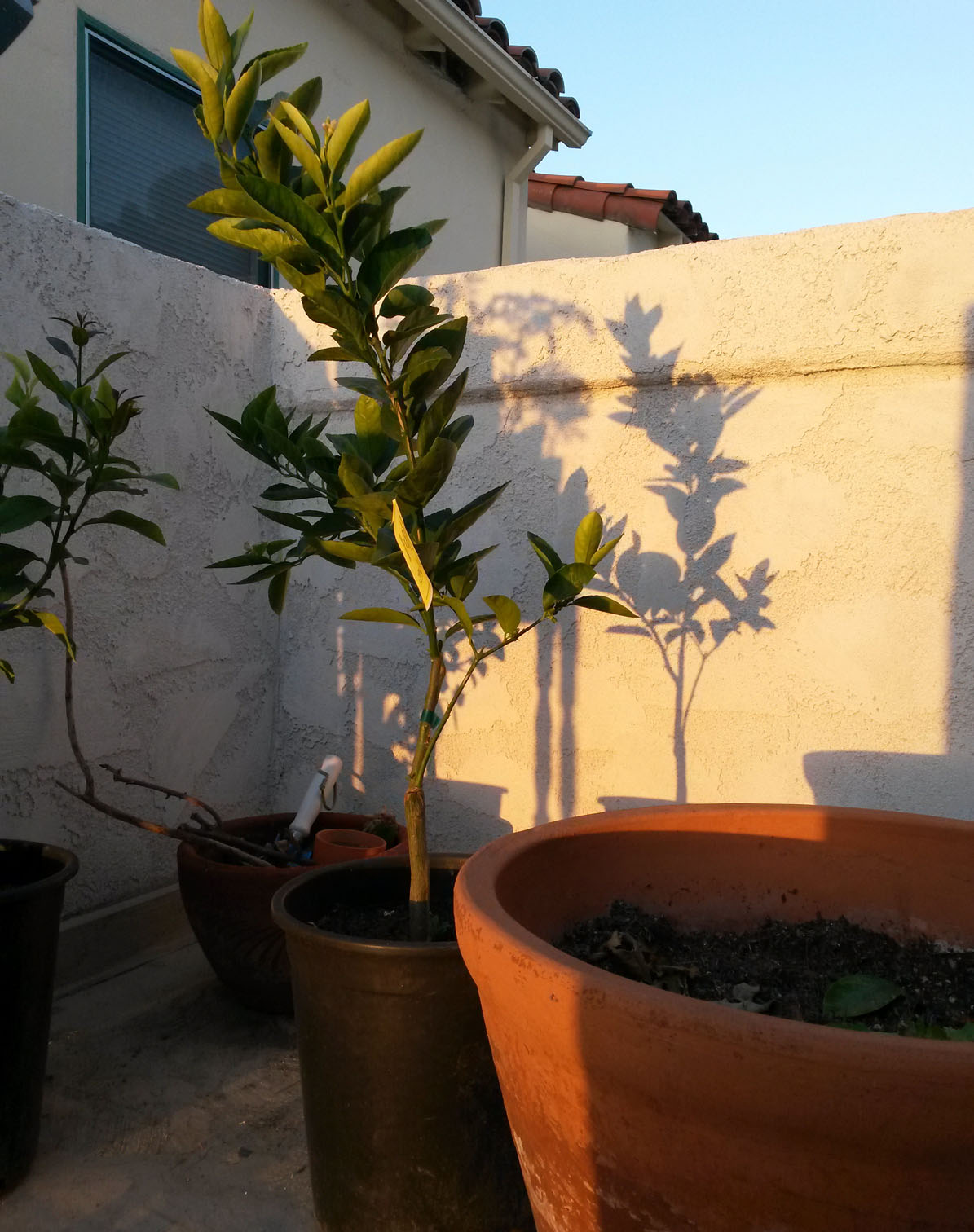Lunch—a really good lunch, or dinner for that matter—takes time. I’m not going to get to that job search today if I’ve got to shell all these pine nuts—no way. And once that’s done there are greens to sort and wash. Then it’ll be just that lovely hour before the sun sets and I can work on my little watercolor of the view out my back window. The days are getting shorter, and it’ll be another year before that glowing yellow light rakes across the faded paint on the building across the way. I’ll make those calls and write those emails tomorrow—today will be for beauty.
Starving artist . . . no-count . . . broke bitch! I’ve likely been called all these names, and worse, over the years. When you live an unconventional life, you’ll be noticed for it. You might want the attention, advertise your outsider status—make it the focus of your life, live off the grid. Or you could be that person who willingly gave up everything for Art’s sake, worked your fanny off, and never made a real living by it.
Aesthetes, “starving artists,” sybarites—call us whatever you want. We don’t choose to be this way; it’s in our nature. What we sensualists do have to choose, however, is how we’ll live our lives. As a young man I didn’t think about the future in practical terms at all. But I did finally realize that many of the choices I had made were designed to allow myself the time to indulge my curiosities, my senses, my own particular needs. I don’t live in a conventional way, but I live as I wish. In fact, I live the only way my nature will allow.
This dawned on me only recently, in French class. (One of my indulgences was to finally go to grad school, where they very kindly call us olds “returning students”). We’d practice past tense verbs by writing about our lives in English from the point of view of a distant future. A classmate would then translate our imaginary biographies into French: “Mon camarade de classe, ________.” Fill in the blanks.
“Imagine you’re . . . fifty years old!” said the professor. There were gasps and giggles all around, students with eyes popping and mouths open in disbelief. Inwardly, I rolled my eyes—I’d be 53 in a week. Later that evening I wrote to mon camarade, “I was born at the dawn of the Kennedy administration. . . . A sullen and detached youth, I spent my time reading and drawing and painting, thinking only of pleasure and beauty; I fell in love with a brilliant woman; we married, had a lovely daughter, and later parted ways. Now I study medieval Arabic literature.” In other words, I told the unvarnished truth from my real vantage point of 52. Meanwhile, mon camarade, age twenty-something, wrote to me from the imaginary age of 50 about his huge success in real estate, how he had retired early and traveled the world. He found his passions and matured into a wise man who, after donating much of his wealth to good causes, could now do whatever he pleased: driving his Porsche in the French mountains and becoming a professional racer! Wow.
In my own life, I gave up in time any chance I might once have had to succeed in the manner of mon camarade; reflecting back as an adult, I now see that the chase after such success, however conventional, exacts a heavy toll on men. Even to earn a “respectable” living, grow a modest nest egg, own your own home—let alone support an entire family as the single breadwinner, as my own father did—is a high-stress game. The very process of “making it” may do you in. Men die younger; it’s a fact. We’re born with more birth defects and suffer more developmental disorders; our brains are said to be more biologically prone to risky behavior; we work more dangerous jobs; but, hey, we “succeed” more frequently at suicide, even though more women attempt it. Three times the heart attacks, fellas—is it really a man’s world?
Interestingly, most of the advice out there to avoid the imminent cardiac arrest is health related—diet, exercise, don’t smoke, and don’t be so scared to get your prostate probed. And that’s all to the good. But what about tending to your purpose, finding where you fit in, making choices based on how personally correct they feel to you? And accepting the consequences, especially when outcomes are not what you’d hoped for or what others would congratulate you on. How manly is that?
Now, I will not claim to have reached a Buddhic calm (just try driving with me in LA traffic!), and being so very “unsuccessful” can very obviously produce its own kind of strain. New clothes, nice restaurants, weekend getaways—not in recent memory. I can’t spoil my mom with a fancy gift or a wad of cash at the holidays, or afford to repaint my vintage Chevy. It’s yard sales and thrift stores, hand-me-downs and half-off sales, recycling, reusing, repurposing. Ethnic markets have the best prices on produce! At times I do find myself wishing I had more money, I’m not going to lie.
But a dear old friend called me recently, and we had a chat, catching up on things, since we’d been out of touch for years. He’s a New York editor—networking, fundraising, traveling, living the life of a literary professional. I’ve been . . . doing my thing. After hearing a bit about this particularly difficult year—let’s just say I’ve been a tad less employed than usual, since once of the classes I teach was canceled—he asked with concern in his voice, “God, isn’t that stressful?”
“Sure,” I replied. “And going to your job every day for twenty-five years—isn’t that stressful?” There was a longish pause.
“Uh, yeah.”
Then it was time for lunch.
 Albert Johns
Albert JohnsAlbert Johns






